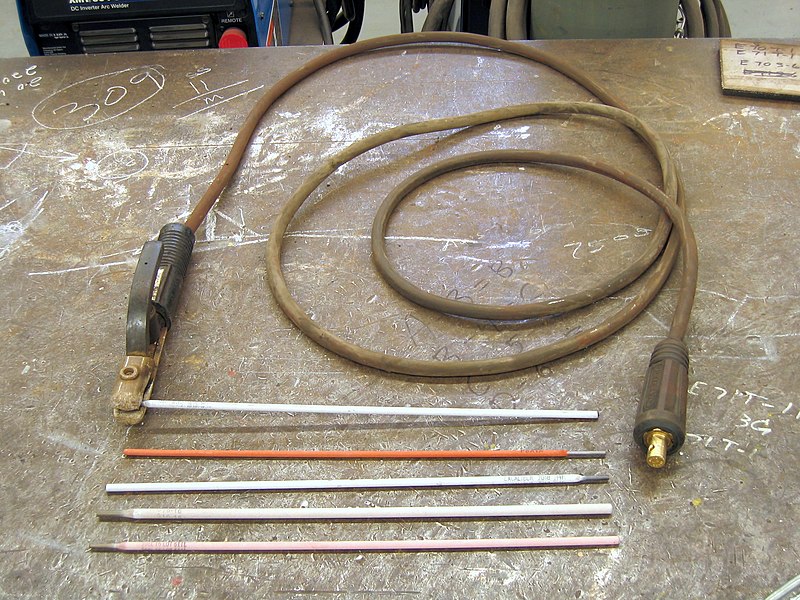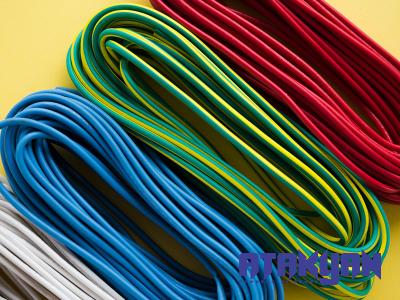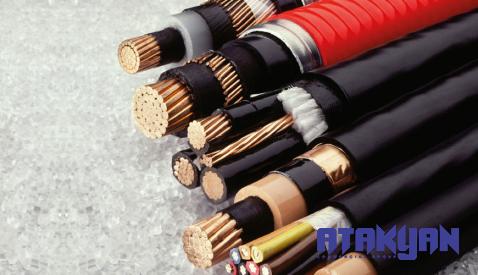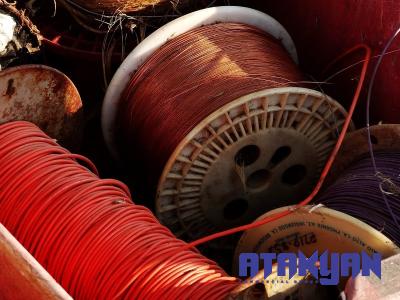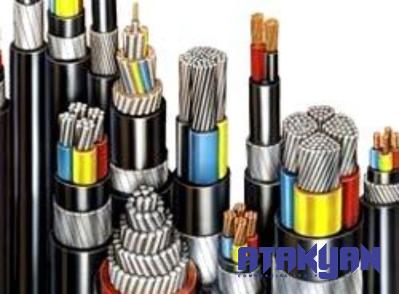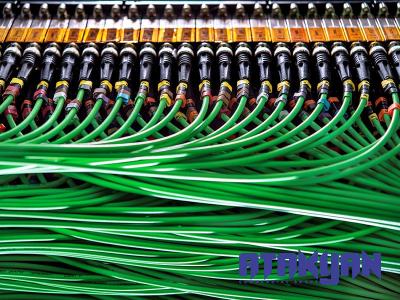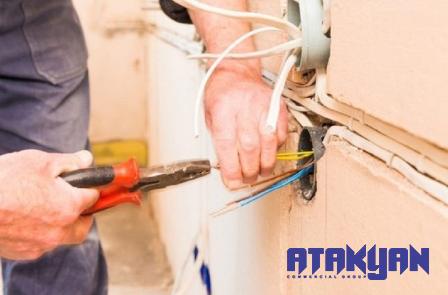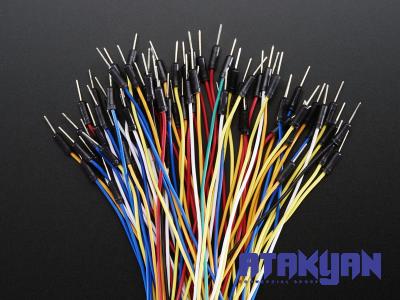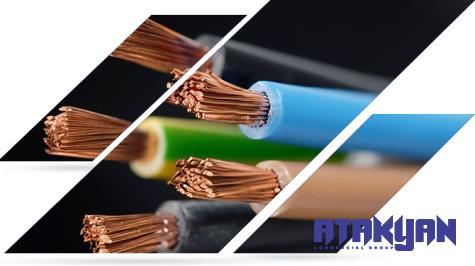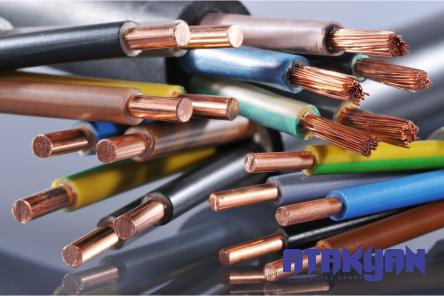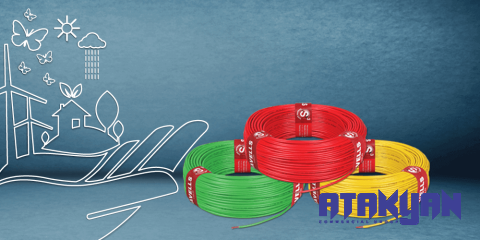A Comprehensive Buying Guide
Introduction:
Flux core wire is an essential component for welding applications, providing a quick and efficient solution for joining metals. As the popularity of flux core welding continues to rise, so does the demand for the best flux core wire. In this article, we will explore the qualities that define the best flux core wire and provide a comprehensive buying guide, taking into consideration factors such as performance, compatibility, and price.
Discussing the Best Flux Core Wire:
When it comes to determining the best flux core wire, several factors come into play. Here are the key qualities to consider:
1. Performance:
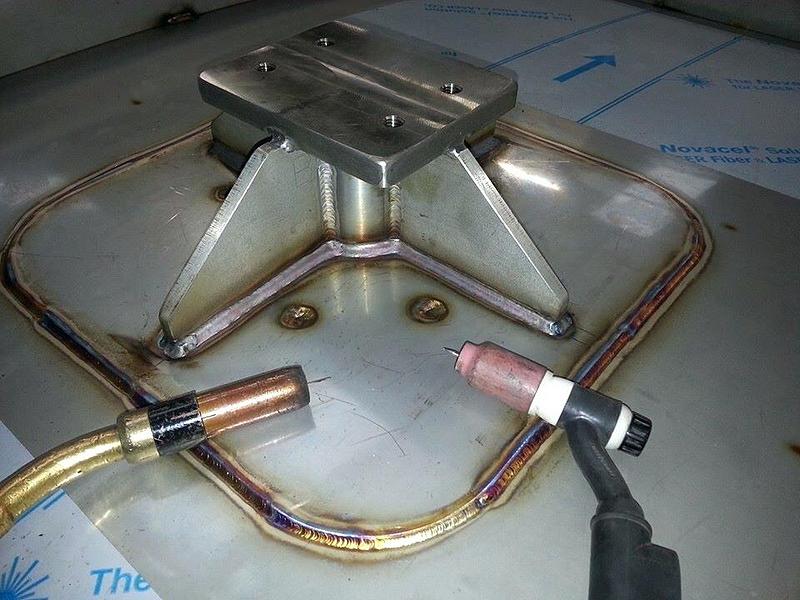
The performance of flux core wire is crucial, especially for professional welders who demand consistent and reliable results. The wire’s ability to provide deep penetration, smooth feeding, minimal spatter, and excellent arc stability are all indicators of high performance. Moreover, a low hydrogen level in the flux core wire contributes to improved weld quality and reduced porosity.
2. Compatibility:
Different welding applications require specific flux core wires. For example, some wires are better suited for welding on mild steel, while others are specifically designed for stainless steel or aluminum. It is important to select a flux core wire that is compatible with the material you intend to weld. Manufacturers often provide compatibility charts to help users select the appropriate wire for their specific needs.
3. Ease of Use:
The best flux core wire is one that is easy to use, even for novice welders. It should have excellent feedability, allowing for smooth and consistent wire feed without jamming or tangling. Additionally, the wire should have good slag removal properties, minimizing post-weld cleaning requirements.
Buying the Best Flux Core Wire:
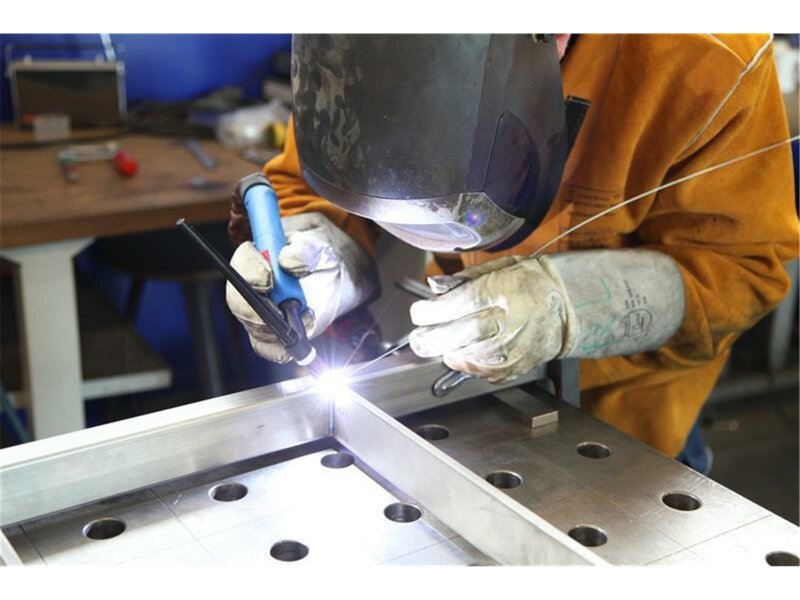
Now that we have discussed the qualities to look for, let’s delve into the considerations when buying the best flux core wire:
1. Wire Diameter:
One of the first considerations when buying flux core wire is the diameter. The most common sizes range from 0.030 to 0.045 inches. Thinner wires are suitable for welding thinner materials, while thicker wires are better for heavier and more robust applications. It is crucial to understand the thickness of the materials you will be working with to choose the appropriate wire diameter.
2. Wire Spool Size:
The size of the wire spool affects both the convenience and the cost of the welding process. Larger spools, such as the 10 or 12-pound ones, are more cost-effective in the long run as they provide more welding wire per spool. However, for occasional and hobbyist welders, smaller spools can be more practical.
3. Brand Reputation:
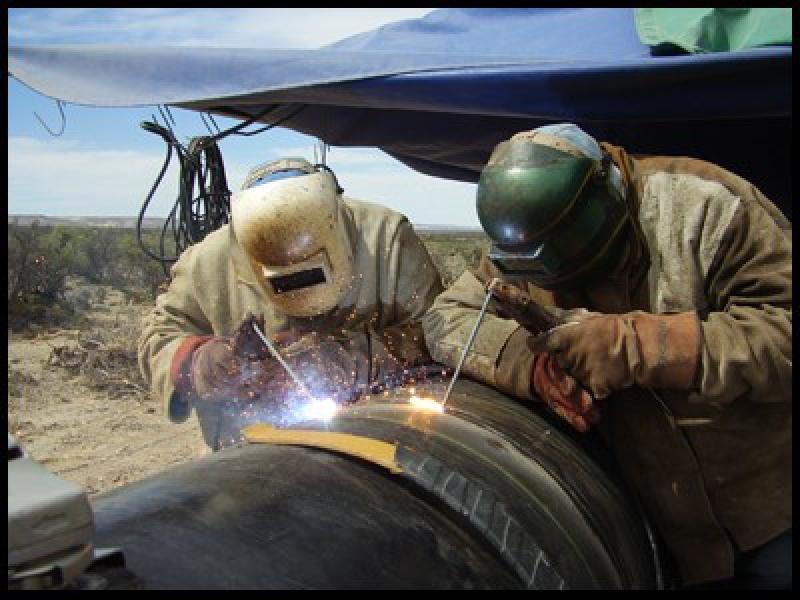
When it comes to choosing the best flux core wire, it is wise to consider brands with a good reputation in the welding industry. Brands that have been in the market for a considerable amount of time often have a track record of producing quality products. Research customer reviews and recommendations to gain insights into the reliability and performance of various brands.
Price of the Best Flux Core Wire:
While price is an important factor to consider, it should not be the sole determining factor when purchasing flux core wire. Investing in premium quality wire may cost more initially, but it can save money in the long run by reducing downtime, rework, and material waste.
That being said, the price of flux core wire can vary depending on factors such as diameter, metal type, brand, and quantity. On average, flux core wires can range from $10 to $25 per pound. Prices may differ amongst online retailers, local welding suppliers, and big-box stores, so it’s wise to compare prices from different sources to get the best deal.
Conclusion:
Selecting the best flux core wire involves careful consideration of factors such as performance, compatibility, ease of use, wire diameter, wire spool size, and brand reputation. Prioritize the qualities that align with your welding needs and budget. Remember, investing in high-quality flux core wire will ultimately result in better welds, increased productivity, and fewer welding-related issues. By understanding the requirements and making an informed purchase, you can ensure that your welding projects are executed flawlessly while achieving long-lasting and durable results.
